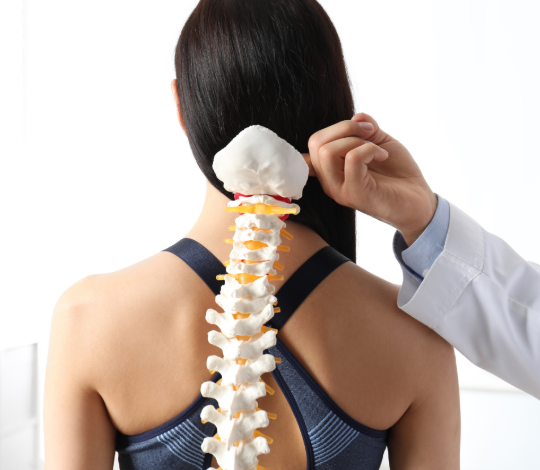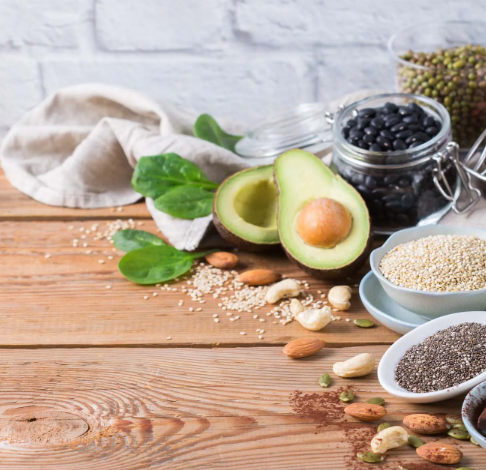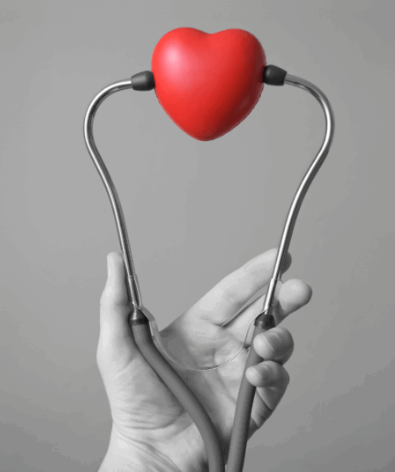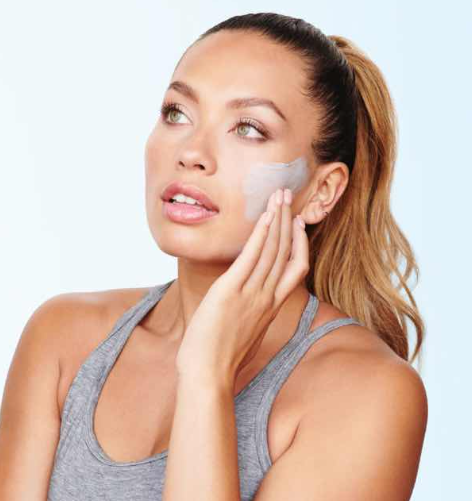
Building Strong, Healthy Bones for Life
Hello, wonderful friends!
Today, I’m excited to share an insightful guest article by Dr. Joel Fuhrman, a renowned expert on health and nutrition. This piece dives into the importance of bone health and whether milk is really the key to strong bones. Prepare to rethink what you know about bone strength!
Take it away, Joel!
For the past few decades, we’ve been led to believe that pharmaceuticals are the answer to all our health issues. However, when it comes to our overall health and longevity, lifestyle choices—especially diet—play a far more significant role than medications. This is especially true for osteoporosis. The truth is, exercise and a balanced diet are far more effective than the drugs often prescribed for bone health, which can come with serious side effects.
Millions of people, particularly women, have been misled into thinking that calcium is the only factor influencing bone strength. While calcium is important, we’ve learned that strong bones require much more than just this mineral. The key to maintaining healthy bones lies in muscle-building exercises and a nutrient-rich diet, one that includes vegetables, beans, seeds, and nuts. These foods provide not only calcium but also other critical nutrients like magnesium, potassium, plant-based proteins, and essential micronutrients and phytochemicals that are vital for bone health.
Vitamin D and Its Role in Bone Health
Vitamin D is crucial for healthy bones. This fat-soluble vitamin, which our body produces when exposed to sunlight, functions like a hormone. It signals our intestines to absorb more calcium and phosphorus and supports bone growth. However, research has shown that most Americans are deficient in vitamin D. As a result, many health experts now recommend taking more than the standard 400 IUs found in most multivitamins. In fact, most women require over 1000 IUs per day for optimal bone health.
Vitamin A and Bone Health
Vitamin A is also important to consider when it comes to bone strength. Some studies suggest that high doses of vitamin A may contribute to calcium loss through urine, leading to weaker bones. In one significant study, participants who took vitamin A supplements had a higher rate of hip fractures than those who didn’t. If you’re concerned about vitamin A, it’s best to get it naturally from foods like green and orange vegetables and fresh fruit, where the body can convert carotenoids into vitamin A, without the risks linked to supplementation.
The Connection Between Strength, Balance, and Bone Health
As we age, both muscle mass and bone density naturally decline. But the rate at which this happens can be influenced by lifestyle factors, especially exercise. Studies show that nine out of ten hip fractures result from falls, and the risk of falling is more closely tied to muscle strength and balance than to bone density. In fact, the strength and density of your bones directly relate to the strength of the muscles that move them. The more you work to build muscle through exercise, the stronger and denser your bones will become.
To protect your bones, it’s crucial to incorporate strength training exercises, particularly for your legs and back. Research consistently shows that muscle strengthening is one of the most effective ways to prevent bone loss and reduce the risk of fractures related to osteoporosis.
In conclusion, while calcium is essential for bone health, it’s just one part of the equation. Exercise, a balanced diet rich in key nutrients, and maintaining good muscle strength and balance are all essential for strong, healthy bones throughout your life. Take care of your bones by making smart choices today, and your body will thank you tomorrow!






